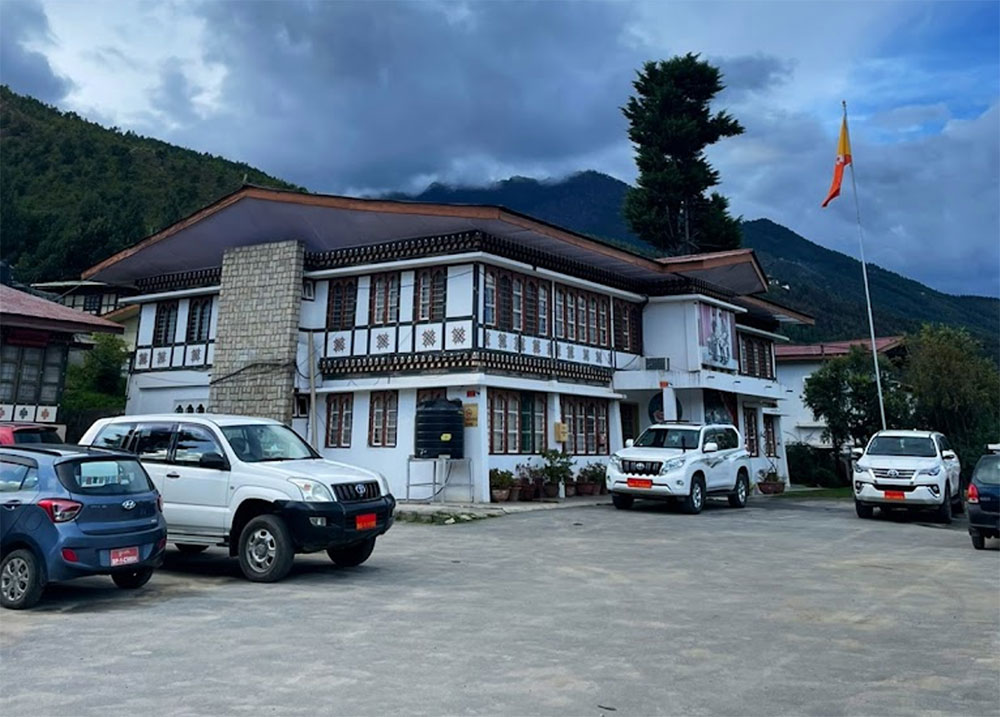KP Sharma
Despite efforts to transform the education systems in the country following the Royal Decree on education reform in 2021, schools continue to face the persistent challenge of teacher shortages.
The longstanding issue in the education sector has raised concerns among parents and teachers about compromising the quality of education provided to their children.
Over the past year, a significant number of teachers, 371 in 2021 and 478 in 2022, have exited the profession, exacerbating the shortage.
Although the teacher shortage is a pressing issue, rural schools bear the brunt of this problem, according to the officials in the dzongkhags. They said that the majority of vacancies in these areas remain unfilled, with the number of vacancies surpassing the number of applicants.
For instance, in the remote Dagana dzongkhag, there is a shortage of 53 teachers. Despite announcing more than 20 vacancies in the education sector in 2023, the dzongkhag administration was unable to fill up all the vacancies.
Among them, the highest demand is for the general and science teachers as we have more primary schools.
Among 53, 30 teachers were transferred on marital grounds, however, the dzongkhag received only two as replacement for them.
According to officials in remote dzongkhags, a larger number of teachers in rural areas resign voluntarily.
In addition, the teachers placed to these dzongkhags are predominantly new recruits, who become eligible for transfer after completing three years of service in remote areas, based on marital and medical grounds.
Officials in dzongkhags said that experienced teachers rarely choose transfers to remote locations, and there is a challenge in securing one-to-one replacements for those who seek transfers. This situation contributes to the ongoing teacher shortages in these remote areas.
To address the issue particularly in Dagana, it has adopted various strategies such as reshuffling, and multigrading in the small schools
According to dzongkhag officials, school consolidation stands out as the most effective solution to address the teacher shortage issue.
They propose merging small Lower Secondary Schools (LSS) and primary schools with low enrollment, as this strategy allows for the absorption of more teachers in these consolidated institutions.
An official from one of the dzongkhags explained that small LSS, in particular, absorbs a greater number of teachers.
This is attributed to the mixed mode of primary and secondary levels within the LSS system, which necessitates a higher number of teachers to cater to both educational levels.
The consolidating schools is viewed as a practical measure to optimise teacher allocation and address the persistent challenges associated with teacher shortages.
Officials also suggested absorbing all trained teachers from two colleges without subjecting them to filtration through the Royal Civil Service Commission (RCSC).
They argue that these teachers are already professionals with technical expertise. According to them, the filtration process through the RCSC examination poses a challenge to the ministry, leading to a severe teacher shortage.
“We cannot prepare a succession planning and teachers Pool since the ministry’s HR cannot project the intake and gap as the number of teachers graduating cannot determine the supply of Teachers,” said one of the officials.
Their suggestion involves bypassing the traditional filtration process and directly using the skills and expertise of teachers from these colleges.
When doing so, they believe that it would expedite the resolution of the teacher shortage issue and alleviate the challenges posed by the RCSC examination process, particularly in addressing the acute shortage of teachers.
Officials also said that the reliance on the RCSC for teacher recruitment leads to an unpredictable supply of teachers, which doesn’t align with current trends and needs.
They suggested that the RCSC should further streamline its procedures to facilitate the recruitment of retired teachers and competent graduates as temporary teachers based on demand, despite the authorisation already granted to dzongkhags for this purpose.
However, they expressed frustration over the bureaucratic layers involved in these procedures, which often consume more time.
Meanwhile, the Ministry of Education and Skill Development has announced the registration for interested teachers, both regular and contract, who voluntarily resigned and are below 60 years of age, to register for teaching positions again.
This initiative aims to address the ongoing teacher shortage by welcoming back experienced teachers who are willing to return to the profession.


